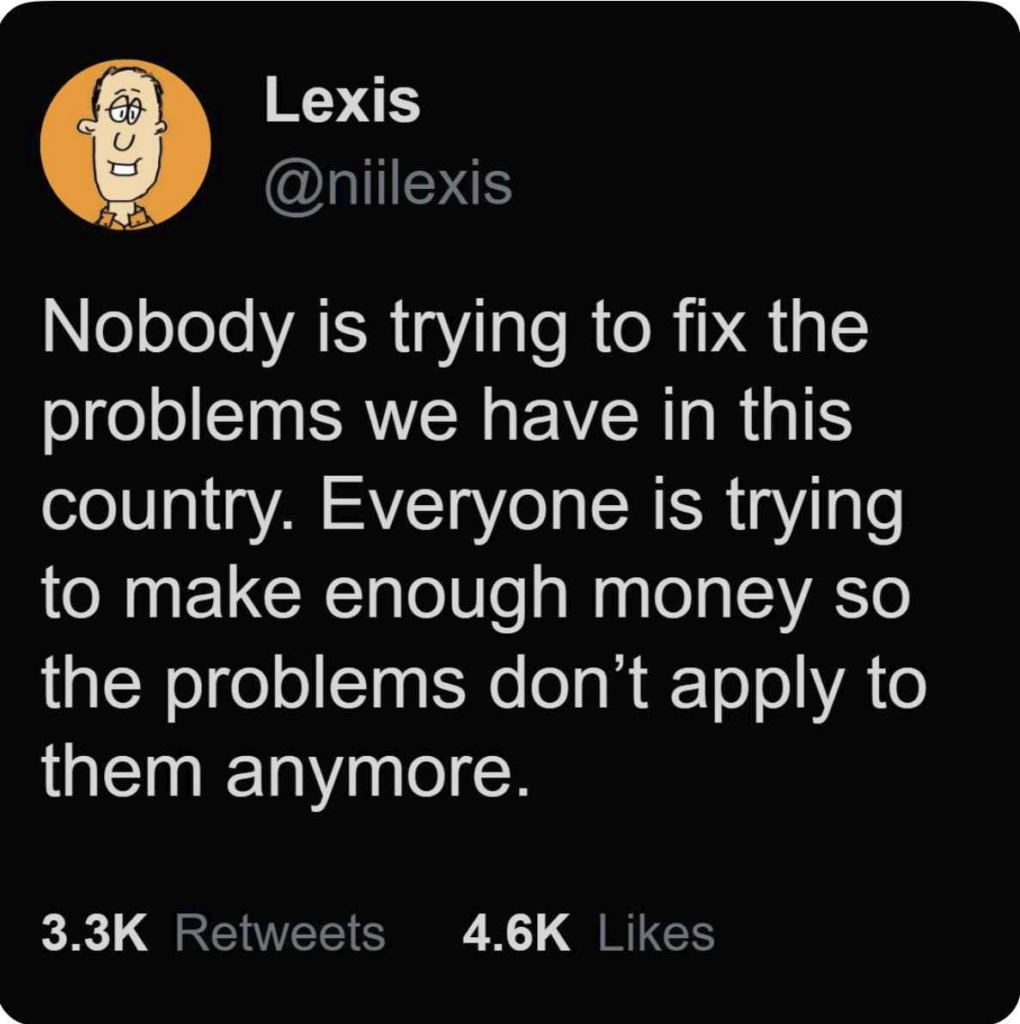(This column is posted at www.StevenSavage.com, Steve’s Tumblr, and Pillowfort. Find out more at my newsletter, and all my social media at my linktr.ee)
I’m always thinking about technology, culture, and organization, because it’s kind of my job. Pop culture falls under that purview because it tells us a lot about how we think – or what we don’t think about. Let’s take a break from my recent deep dives into something fun.
Let’s talk Superheroes.
I love superhero stories as they’re a kind of metagenre. Where else can an alien, a detective, and a half-goddess team up to fight a megalomaniacal billionaire? Superhero stories are a chance to tell tales where characters and genres collide. Despite the oversaturation in our media, I feel we haven’t really learned what we can do with superhero stories (which may be a separate column).
But one common element to superhero stories is transformation via trauma. A bad trip down an alley may inspire an orphan to become a caped avenger. An inventor’s efforts to deal with heart damage inspires an armored suit to fight evil. Lots of people get exposed to radiation and chemicals and magic and get powers. Mutants pop up in an evolving humanity, and an entire short-lived DC comics story dealt with humans put through a horrific obstacle courses so the few survivors would activate metahuman potential. https://en.wikipedia.org/wiki/Blasters_(comics)
Trauma is a big part of superhero stories. Only, if that’s the case in a superhero setting, and said setting is a lot like ours, I’d expect a lot more superheroes.
Only one bereaved child decided to go on a crime-fighting crusade in a world of super-technology and succeeded?
How many traumatic deaths, how many wars and executions, would result in the deceased making deals with supernatural entities, or returning and spirits of vengeance, or whatever?
Shouldn’t there be a lot of inventors out there crafting all sorts of wild stuff that’s superhero-worthy? Wouldn’t startups be kind of a nightmare as every fifth person is secretly making a battlesuit instead of whatever useless product they’re working on.
With all the radiation, microplastics, and weird chemicals in our environment shouldn’t we have legions of mutants and superhumans? For that matter how many drugs (legal or illegal) might trigger superpowers? You go to the doctor, get a prescription, and discover that your cholesterol drug gives you super strength.
And that’s not dealing with aliens and supernatural creatures. But they’d probably notice the planet with so many costumed weirdos running around.
Most superhero tales have so much dense continuity, so many ideas slapped together, that the worlds they’re set in should be awash in superhumans. They’re just not because hey, then they’re not that distinct in a setting where they’re supposed to be distinct. Though My Hero Academia sort of goes there.
This issue of trauma, power, and transformation is something I think superhero stories can explore more. When power is accessible, or when the events that can lead one to develop it or seek it are common, what happens to the world? If you’re going to slam so many genres together, how long until there’s nothing recognizable in the world you’ve created?
Though, sadly, we probably won’t explore this as much for awhile. Superhero stuff seems a bit tapped out thanks to endless Marvel movies. But maybe at some point we’ll ask about power, causality, and what keeps a setting of superhumans from being overloaded – or perhaps asking what happens as it is . . .
Steven Savage
